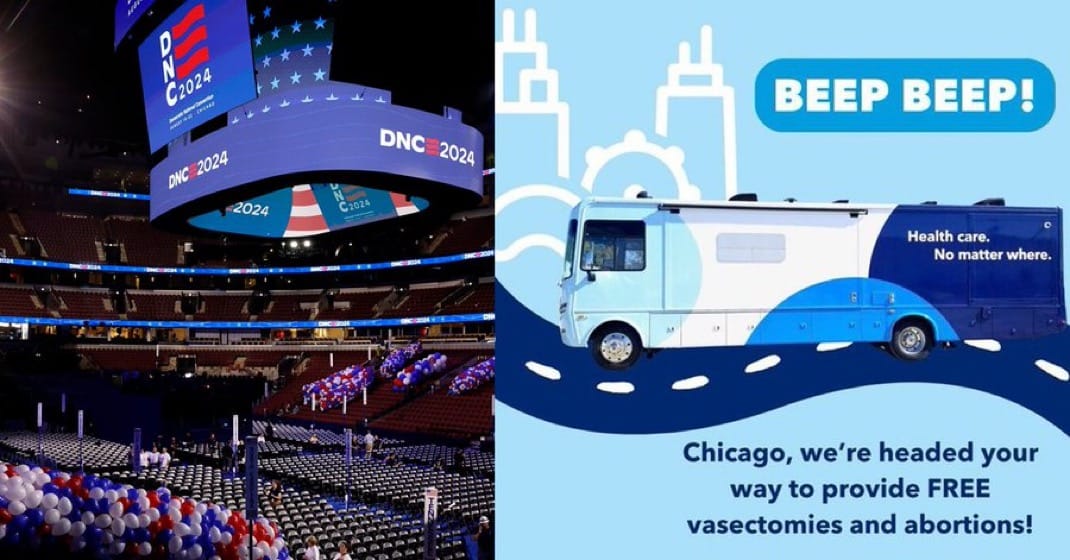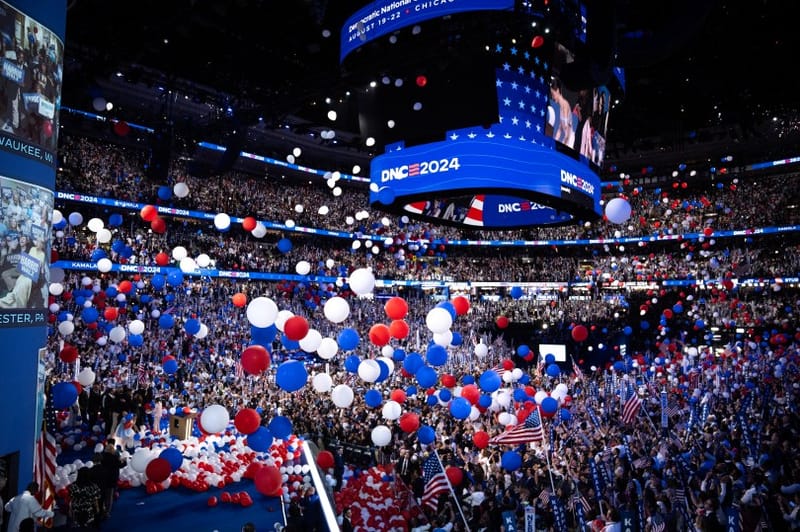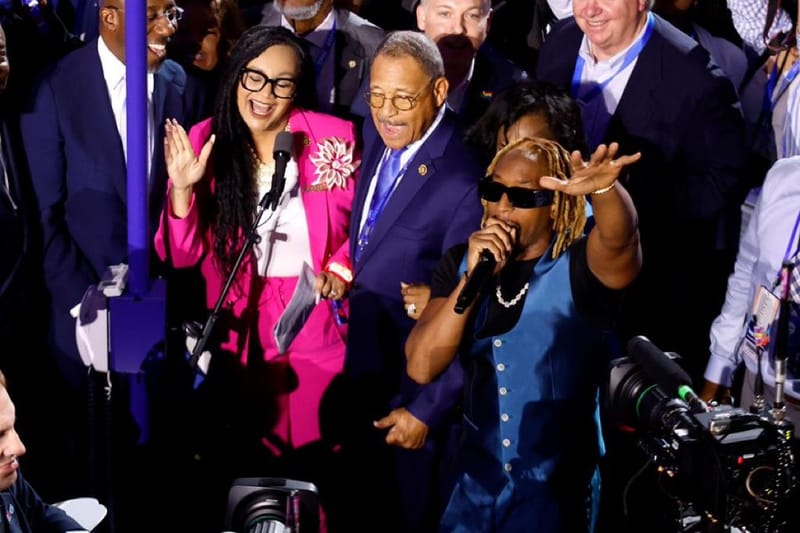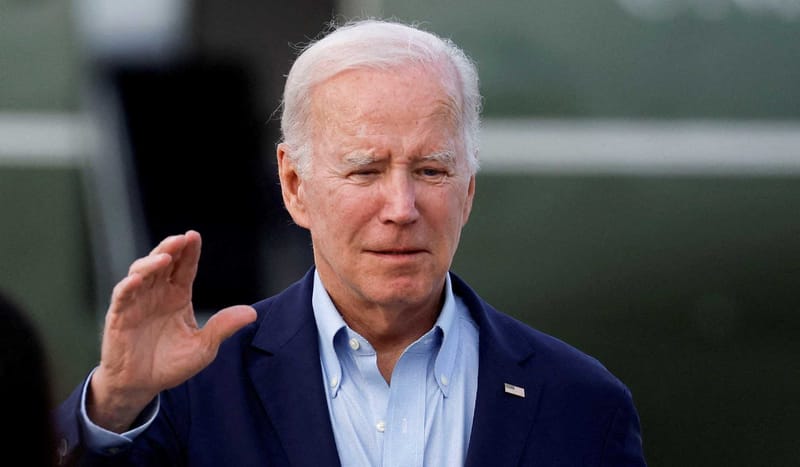DNC's Reproductive Health Services Offer at Convention Sparks Public Outrage
Free Vasectomies and Abortions at Democratic National Convention Ignite Controversy The Democratic National Convention (DNC) in Chicago has taken a controversial step by offering free reproductive health services, including vasectomies and abortions, to its attendees. This initiative, facilitated through a mobile health center by Planned Parenthood Great Rivers, has not
Free Vasectomies and Abortions at Democratic National Convention Ignite Controversy
The Democratic National Convention (DNC) in Chicago has taken a controversial step by offering free reproductive health services, including vasectomies and abortions, to its attendees. This initiative, facilitated through a mobile health center by Planned Parenthood Great Rivers, has not only highlighted the Democratic Party's stance on reproductive rights but has also ignited a firestorm of public reaction, with many expressing shock and disapproval.
The decision to provide these services at the convention has been met with a mix of support and vehement opposition. Social media platforms like X have become battlegrounds for opinion, where the sentiment ranges from sarcastic encouragement for attendees to take advantage of the services to outright condemnation of the initiative. Critics argue that this move isn't just about health care but a political statement, with some even suggesting it promotes a depopulation agenda or mocks traditional family values.
The public's reaction on X reflects a deep divide. Some users have sarcastically remarked on the DNC's priorities, questioning why such services are being offered at a political convention rather than focusing on policy or unity. Others have expressed genuine concern, seeing the offer as an endorsement of abortion or even a form of population control. The sentiment on X has been overwhelmingly negative, with posts highlighting the perceived insensitivity or the political overreach of the DNC.
Economically, providing free health services could be seen as a cost-saving measure for individuals, but socially, it's viewed by many as an overstep, especially in a context where abortion rights are increasingly contentious. This has led to discussions on whether such services should be offered at political events, blurring the lines between policy advocacy and health service provision.
The legal and ethical implications of this move are also under scrutiny. While supporters see it as an extension of healthcare rights, opponents argue it could be perceived as promoting abortion, especially in states where the legal landscape for abortion is becoming more restrictive. This has fueled a broader debate about the role of political parties in health care provision, particularly when it involves such divisive issues.
The DNC's strategy seems to be not just about policy but about making a bold statement on the national stage. However, this has come at the cost of significant public backlash, with many feeling that the convention's focus should be on unifying the party and addressing broader policy issues rather than diving into the contentious waters of reproductive rights in such a direct manner.
This event at the DNC has undeniably placed reproductive rights at the heart of its convention's narrative, but it has also opened up a Pandora's box of public debate, legal scrutiny, and political strategy. Whether this move will galvanize support or further polarize the electorate remains to be seen, but it has certainly made the DNC a focal point for one of America's most divisive issues.



